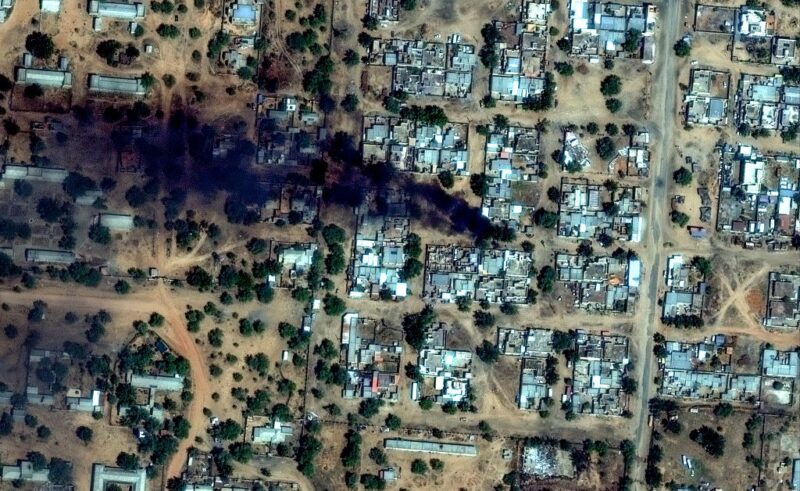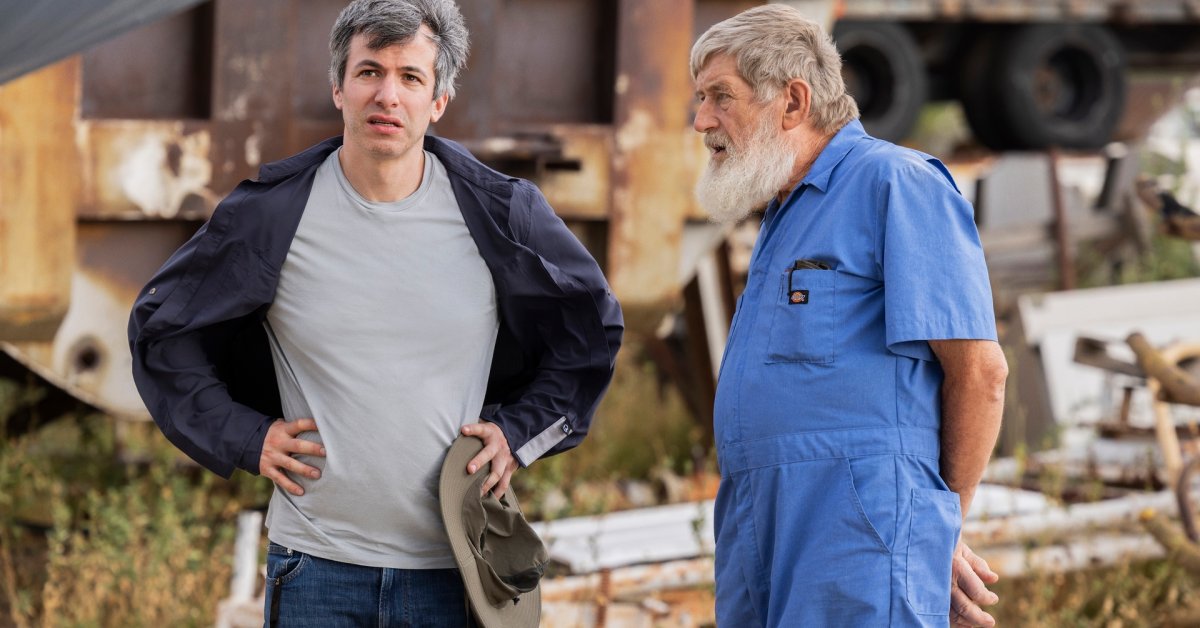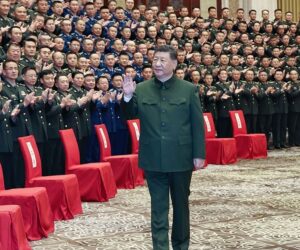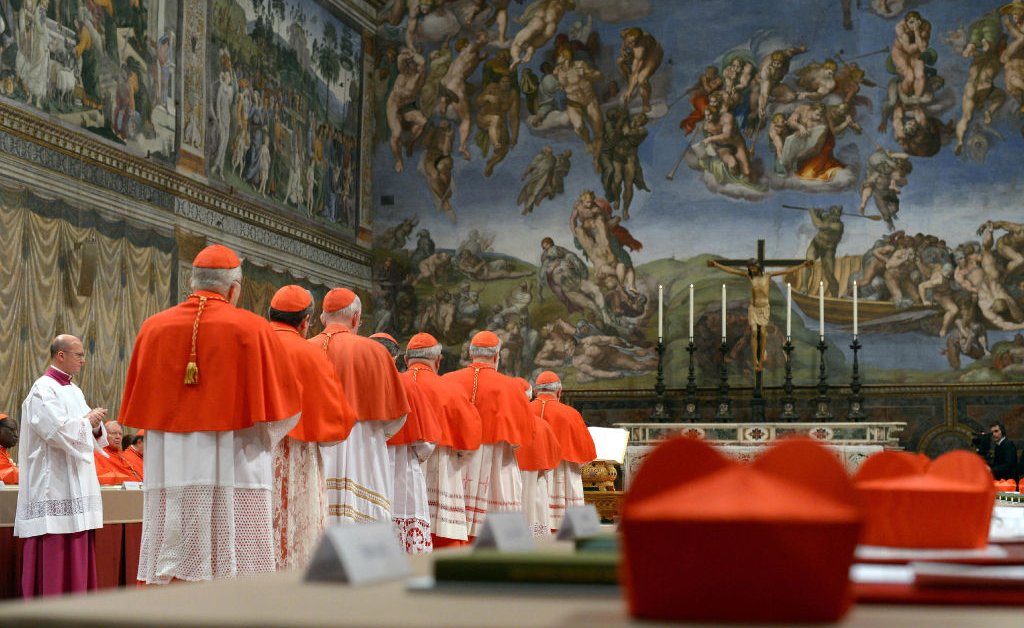Sudan’s brutal civil war entered a new round of extreme violence this week after the paramilitary Rapid Support Forces (RSF) captured the key city of El Fasher in Western Darfur following a year and a half of siege.
Witnesses and local reports described massacres and executions of civilians by the militia as thousands fled the city. El Fasher was seen as the last holdout in Darfur of the Sudanese Armed Forces (SAF), whom the RSF has been fighting for the past three years in the brutal civil war. Both sides have been accused of war crimes.
Martha Ama Akyaa Pobee, the Assistant Secretary General of the United Nations for Africa, told an emergency meeting of the U.N. Security Council that there was no safe passage for civilians to leave.
Read More: Sudan’s Crisis in the Shadows
“In the past week, the U.N. human rights office has documented widespread and serious human rights violations in and around El Fasher,” she said. “These include credible reports of mass killings in various locations and summary executions during house-to-house searches and as civilians have tried to flee the city.”
Here is what we know about the atrocities so far.
The fall of El Fasher
Last weekend, the city of El Fasher was captured by the RSF militia after months of fighting Sudan’s military, a development that led to a series of reported massacres and mass killings by the group against the local population.
The city’s fall marks a “significant shift in the security dynamics” of Sudan, Pobee told the Security Council on Thursday, adding that the implications for the country’s civil war and the wider region are “profound.”
“The territorial scope of the conflict is broadening,” she said, cautioning that drone strikes by both RSF and SAF were hitting new targets further afield across Blue Nile, South Kordofan, West Darfur and Khartoum.
Read More: Cindy McCain: It Has Never Been Harder to Be a Humanitarian
“The risk of mass atrocities, ethnically targeted violence and further violations of international humanitarian law, including sexual violence, remains alarmingly high,” Pobee said.
Within the first few days of sieging the city, the Sudan Doctors Network said that the RSF killed at least 1,500 people as civilians tried to flee the city, describing the situation as “a true genocide.” On Oct. 30, the group documented the arrival of more than 15,000 displaced persons who fled the mass killings in El Fasher and arrived in the city of Tawila.
Despite a communications blackout in the besieged city, testimony from survivors in Tawila has helped aid groups learn more about the killings. The United Nations Human Rights Office said it had seen videos that show “dozens of unarmed men being shot or lying dead, surrounded by RSF fighters.”
‘It was like a killing field‘
Witnesses who survived the massacres described scenes of chaos as RSF fighters went house to house in El Fasher, beating and shooting at people, including women and children.
“It was like a killing field. Bodies everywhere and people bleeding and no one to help them,” one man, Tajal-Rahman, a man in his late 50s, told the Associated Press by phone after escaping to the city of Tawila. The city now hosts 650,000 refugees.
One of the worst massacres took place at the Saudi Hospital, which was the last hospital remaining in the city during the siege.
Christian Lindmeier, a World Health Organization (WHO) spokesman, told a press briefing in Geneva that gunmen abducted doctors and nurses from the hospital before returning to kill at least 460 people—including staff and patients—in several waves of attacks. Lindmeier said at least six medical staff are still being held by the group.
The Humanitarian Research Lab at Yale School of Public Health corroborated alleged executions around the Saudi Hospital and a previously unreported potential mass killing at an RSF detention site at the former Children’s Hospital in eastern El-Fasher, utilizing satellite imagery collected on October 27 and October 28 outside both sites.
The top U.N. humanitarian official, Tom Fletcher, told the Security Council that “women and girls are being raped, people being mutilated and killed with utter impunity” in El Fasher.

“Tens of thousands of terrified, starving civilians have fled or are on the move,” Fletcher said. “Those able to flee – the vast majority women, children, and the elderly – face extortion, rape and violence on the perilous journey.”
One witness, describing the carnage in the city, Alkheir Ismail, told Reuters by video interview that he had survived an attack by fighters riding camels near El Fasher, who rounded up a couple of hundred men outside the city and brought them to a reservoir to kill them. He said that one of his captors recognized him from his school days and let him escape.
“He told them, ‘Don’t kill him,'” Ismail told Reuters. “Even after they killed everyone else – my friends and everyone else.”
What is the RSF?
The RSF is a Darfur-based Sudanese militia that has been fighting the Sudanese military for three years to control the nation. The RSF was formally created in 2013 by former dictator Omar al-Bashir, drawing heavily from the notorious Janjaweed militias that led the 2003–2005 Darfur campaign in which some 300,000 people were killed.
Read More: Reflecting on Sudan’s Civil War One Year Later
The RSF was the most powerful paramilitary group to emerge from the Bashir era, and the group eventually grew big enough to challenge the Sudanese Armed Forces (SAF), which began a civil war in April 2023 that ravaged the country, claiming some 150,000 lives and forcing almost a quarter of its population of 50 million to flee their homes. The RSF has also in particular been subject to extensive accusations of utilizing sexual violence to terrorize communities.
Widespread hunger has escalated since last year, when the Famine Review Committee officially confirmed famine in the Darfur region in August 2024, as the UN estimates that over half of Sudan’s population, meaning at least 25 million people, are in need of humanitarian assistance.
Nearly three million displaced Sudanese have fled to other nations in Africa, including refugee camps in Chad, Ethiopia, and South Sudan.
Now, RSF controls all major urban centres in Darfur.
U.S. lawmakers react
U.S. lawmakers have accused the RSF of “genocide” and ethnic cleansing against Sudan’s non-Arab ethnic groups throughout the civil war. Now, Republicans and Democrats in Congress are calling on President Donald Trump to respond strongly to the news of massacres in El Fasher.
Some have asked Trump to designate the RSF a terrorist organization.
“The horrors in Darfur’s El-Fasher were no accident — they were the RSF’s plan all along,” one Senator Jim Risch wrote on X Tuesday. The Idaho Republican joined Republican Sen. Tim Scott of South Carolina and Democratic Sen. Jeanne Shaheen of New Hampshire in a statement condemning the violence and asking for Trump to consider the designation. “The RSF has waged terror and committed unspeakable atrocities, genocide among them, against the Sudanese people.”
Shaheen and other lawmakers have also criticized the United Arab Emirates, which the Sudanese forces say has propped up the RSF with military support, while the UAE maintains that they have supported a ceasefire, telling Reuters “the latest UN Panel of Experts report makes clear that there is no substantiated evidence that the UAE has provided any support to RSF, or has any involvement in the conflict.”
Earlier this year, Democratic Sen. Chris Murphy from Connecticut noted Trump’s relationship with the UAE and their investment in Trump’s stablecoin, while both Trump and his predecessor, President Joe Biden, continued to sign weapons deals with the country’s strong ally in the Middle East.
Lawmakers, including Rep. Gregory Meeks of New York, have called for the passage of legislation to ban weapons sales to countries supplying weapons to the SAF or RSF, while others have called for enforcement of the UN’s arms embargo in Sudan.








